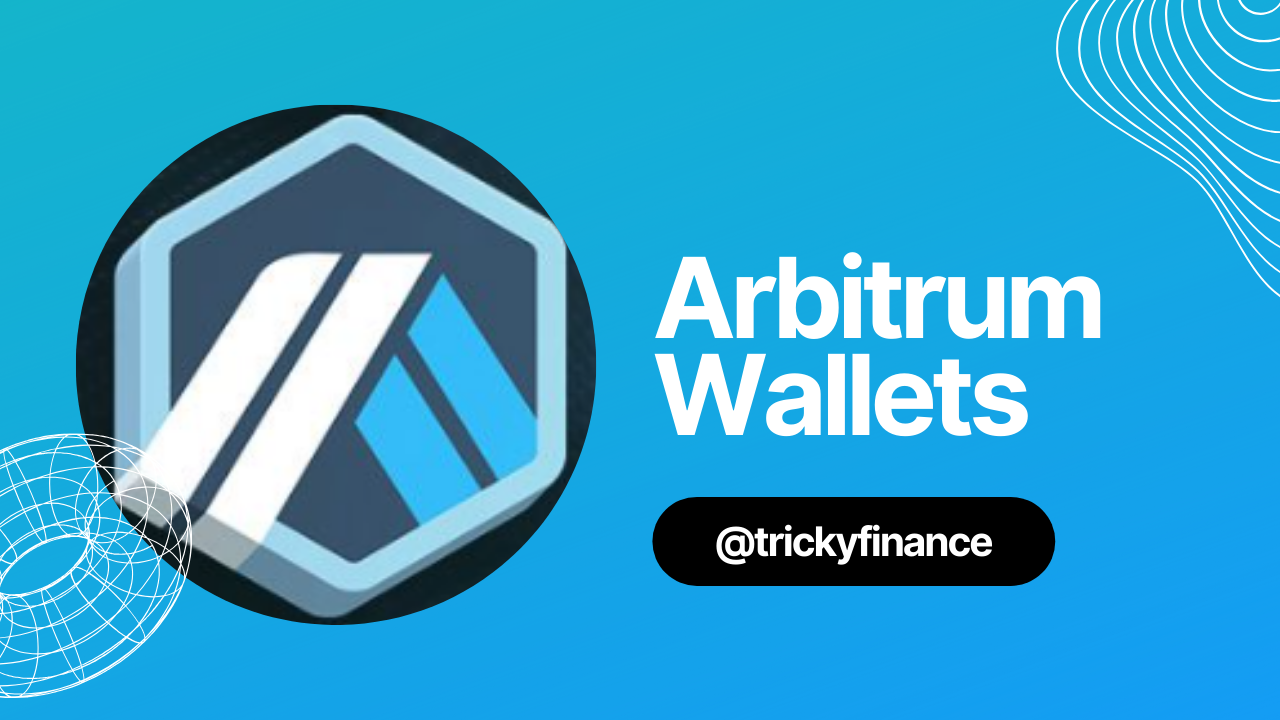Arbitrum emerges as a robust solution addressing the inherent limitations of the Ethereum blockchain. Given Ethereum’s transaction throughput cap of roughly 20-40 transactions per second (TPS), users often face high fees and network congestion. However, Arbitrum offers a transformative solution to these challenges.

Understanding Arbitrum
At its essence, Arbitrum enables users to execute familiar Ethereum activities, such as interacting with Web3 applications and deploying smart contracts. The innovation lies in its scalability. Transactions on an Arbitrum chain are notably faster and more cost-effective compared to traditional Ethereum transactions. But how does this feat come to fruition? Let’s delve deeper.
Arbitrum Wallets
Now, let’s focus on Arbitrum wallets, pivotal tools for engaging with the Arbitrum ecosystem. Here’s a breakdown of their key functionalities:
- Self-Custody: An Arbitrum wallet empowers users with complete control over their digital assets. By retaining ownership of the keys, users ensure heightened security and autonomy.
- Gateway to Web3: With an Arbitrum wallet, users gain access to a plethora of decentralized applications (dApps), spanning across DeFi, GameFi, and the metaverse. These wallets serve as bridges to exciting blockchain experiences.
- Wallet Connect (v2): Seamlessly link your wallet to diverse dApps using Wallet Connect (v2), simplifying the interaction process and enriching the user experience.
Top 7 Arbitrum Wallets
-
MetaMask
MetaMask, renowned for its compatibility with Ethereum and EVM-based networks like Arbitrum, stands out for its user-friendly interface. Available as both a browser extension and mobile app, it streamlines interactions with decentralized applications (dApps). On Arbitrum, MetaMask enables users to benefit from expedited transactions and reduced fees compared to Ethereum’s main network. Adding the Arbitrum network manually to MetaMask initiates transactions seamlessly. While it ensures robust security and asset control, users are responsible for managing the inclusion of custom tokens. MetaMask’s integration with Arbitrum underscores its adaptability and user-focused approach within the ever-evolving DeFi landscape.
2. Ledger Wallet
3. Argent wallet
4. Trust Wallet
Trust Wallet, a non-custodial mobile cryptocurrency wallet, is tailored to meet the evolving needs of digital asset management. Its notable features include comprehensive asset support, encompassing over 9 million assets spanning across more than 70 blockchains, ensuring coverage for a wide array of cryptocurrencies such as Bitcoin, Ethereum, BNB Smart Chain, Solana, and various tokens. With Trust Wallet, users maintain full control over their private keys, enhancing security and asserting ownership over their crypto holdings. Moreover, the wallet offers staking opportunities, allowing users to participate in staking activities and earn rewards directly within the app. Trust Wallet prides itself on its user-friendly design, prioritizing simplicity to cater to both novices and experienced users, with a seamless experience across both mobile and desktop platforms, facilitating convenient management of crypto assets.
5. Coinbase Wallet
6. SafePal
7. Trezor
Princy Agarwal, a postgraduate in English from Delhi University, writes content for Tricky Finance, where they simplify complex financial topics for readers. With a knack for clear communication, Princy’s work helps make finance understandable and accessible to all.



